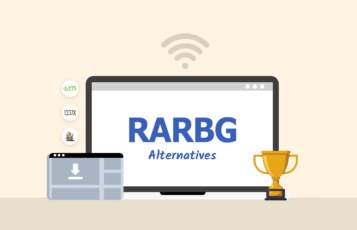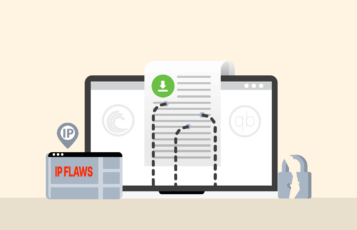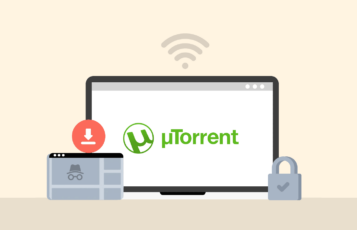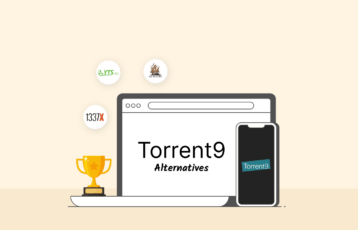The BitTorrent network and other filesharing services enjoy worldwide popularity among users. However, torrenting remains confusing for most of the world’s legal systems. Hence, there is no standard regulation, and figuring out what to make of the network, its contents, and its users remains a local issue for each country to solve.

But don’t worry. This article will tell you about the legal status of torrenting, how to take advantage of the best information available on the subject, and the safe country for those who love to download torrents.
Disclaimer: Neither the author of this text nor the owners of Privacysavvy.com endorse, encourage or condone the distribution of copyrighted material in any jurisdiction, even when it’s legal. This article aims to be informational. Using BitTorrent software is lawful, but piracy is a criminal activity in many countries. Please ensure that you use any P2P network responsibly.
This article does not offer legal advice because we do not purport to be legal experts. Instead, we are proposing the current understanding of filesharing legislation in some jurisdictions. Our interpretation of a country’s legal issues may not align precisely with its most specific statutes, which could also differ from the understanding of a judge.
The information we offer you is a starting point, so don’t hesitate to do your own research. Keep your downloads strictly legal within your jurisdiction. And always use a VPN.
An overview of the legality of BitTorrent and other P2P networks
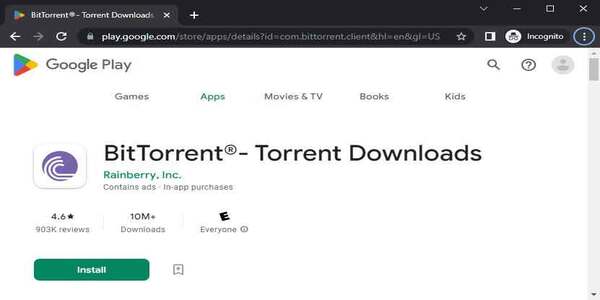
Let’s start by clarifying our concepts.
First, BitTorrent is a filesharing protocol. As such, it’s neutral. It’s no more of a piracy tool than any other digital technology such as web browsers, mp3 players, USB thumb drives, etc. Instead, BitTorrent is a piece of technology permitted in numerous P2P legal countries. And torrents from legal sources are permitted as well.
The internet surprised the world’s legal systems; they have been exceedingly slow (sometimes incompetent) to keep up with the times. The prevailing copyright laws (where they exist) are outdated and meant to protect intellectual property in a world without computers or the Internet. These archaic regulations are slowly being dragged kicking and screaming into the 21st century.
It’s a sloppy process that often condemns filesharing users with no intentions to criminalize or profit from their activities. Instead, these laws are evolving to accommodate entrenched corporate interests within a digital environment where filesharing technologies are always moving forward.
Even in those jurisdictions where the internet is relatively new or those with little or no copyright legislation, they are now trying to update their laws. It often comes as an imposition of international trading agreements.
Information is power
Let’s say that your domestic jurisdiction is not overly friendly towards torrenting. However, the geo-switching advantages of VPNs will still allow you to download torrents from a torrent-friendly territory. If you’re not conversant with VPNs, we have several articles devoted to them you can read to educate yourself.
We sincerely hope you will limit your torrenting activities to legal torrent files. We’re not joking; plenty of legal material can be pretty interesting. However, even in the perfectly legal scenario, countries like the UK and the US will put you in the same bag as pirates and attempt to thwart your torrenting abilities.
For instance, many major US ISPs will throttle your bandwidth when they realize it’s from the BitTorrent network. They won’t care if you’re keeping all your downloads legal.
In the UK, many of the best torrent sites are blocked as if their contents were exclusively illegal.
So, how can you keep your ability to use the BitTorrent network untouched? By using a VPN.
VPNs will allow you to do your filesharing through servers in torrent-friendly jurisdictions. That will give you many advantages:
- Your ISP (or any other third party) will become unable to monitor your traffic.
- Avoid bandwidth throttling. If your ISP can’t tell what you’re doing, it can’t throttle your account.
- Download your content from computers in a jurisdiction that doesn’t monitor VPN traffic.
- All your traffic remains encrypted.
- Use IP spoofing to unblock torrent sites that are firewalled or geo-blocked.
So, as you can see, all roads lead to Rome. And when in Rome, do what the Romans do. Or, in plain English, get a good torrenting VPN service if you use the BitTorrent network. In some countries, it will be a helpful addition to your digital life; in others, protecting your security and anonymity will be essential.
The best (safest) countries for torrenting
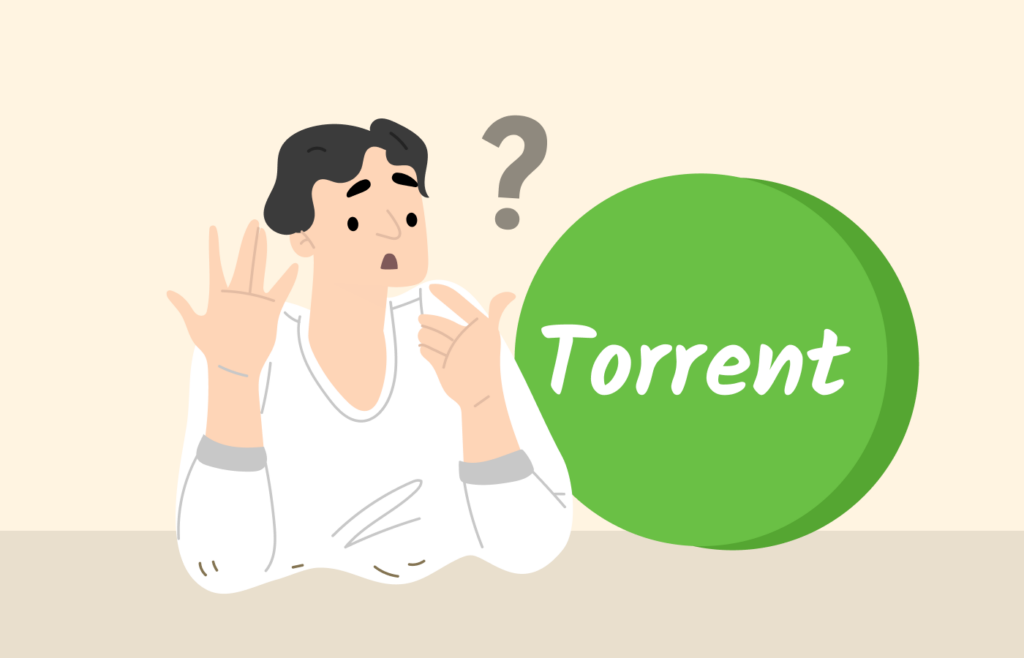
Some jurisdictions see file sharing in a friendly way. There are very few around the world, but they’re there. They allow every citizen to download and keep all kinds of copyrighted material as long as it’s for personal use, and they don’t try to turn a profit from it. In these territories, the ISPs don’t care if you use your account for torrenting and don’t punish it by throttling.
Switzerland
Switzerland tops the list of the most torrent-friendly countries. Swiss law gives every citizen the right to download music, movies, books, and all types of copyrighted content as long as it’s for personal use.
And what is “personal use,” we hear you ask? The concept is not defined in much detail. However, it implies avoiding any attempts to profit from the downloaded files and distributing them to many people.
But this is not everything. For example, in Switzerland, it’s illegal for any third party to monitor your peer-to-peer traffic!
The legal reasoning is a bit subtle but solid. Here’s how it goes. Switzerland labels your IP address as personal information. Therefore, the law makes collecting anybody’s personal information illegal without authorization. And since your IP address is the only bit of data that can identify you within the BitTorrent network, any third-party monitoring it is committing a crime.
So, the BitTorrent user is protected from every possible angle in Switzerland.
New laws are currently under consideration in Switzerland that could allow copyright owners to ask for the removal of their material from a given server. However, the new perspective laws don’t touch on personal freedoms to keep copyrighted material for personal use. So, the chances are that this will remain the rule in the country for a long while.
Spain
Spain is almost as safe a country as Switzerland for torrenting and filesharing users. The legal precedent was set in 2006 when a judge ruled that downloading, keeping, and using copyrighted files was fine as long as no profiting was involved.
The protections for personal data available for Spanish residents are similar in that your IP address is also considered personal information. However, the issues related to file sharing are civil matters, not criminal ones, so these matters appear utterly different in the Spanish courts.
So, is it surprising that Spain has twice as many BitTorrent users per capita as the rest of Europe? Obviously not. And why should the locals not take advantage of their legal advantages?
Poland
The legal status of file sharing is nowhere near as explicit in Poland as in the previous two countries. Instead, it’s more of a nobody’s land. No written law or official legal precedent refers to “personal use” as an acceptable instance of possession and use. However, there seems to be legal consent in legal opinions that point to the private use of copyrighted material as legal and acceptable.
So let’s understand the difference: as a torrent user in Spain and Switzerland, the law protects your activity. So it’s not only OK to do it, but also that nobody can mess with you for this reason. And your digital rights are at stake because your IP is a personal piece of data. The Polish case is more like an issue swept under the legal rug.
The middle-of-the-road countries for torrenting
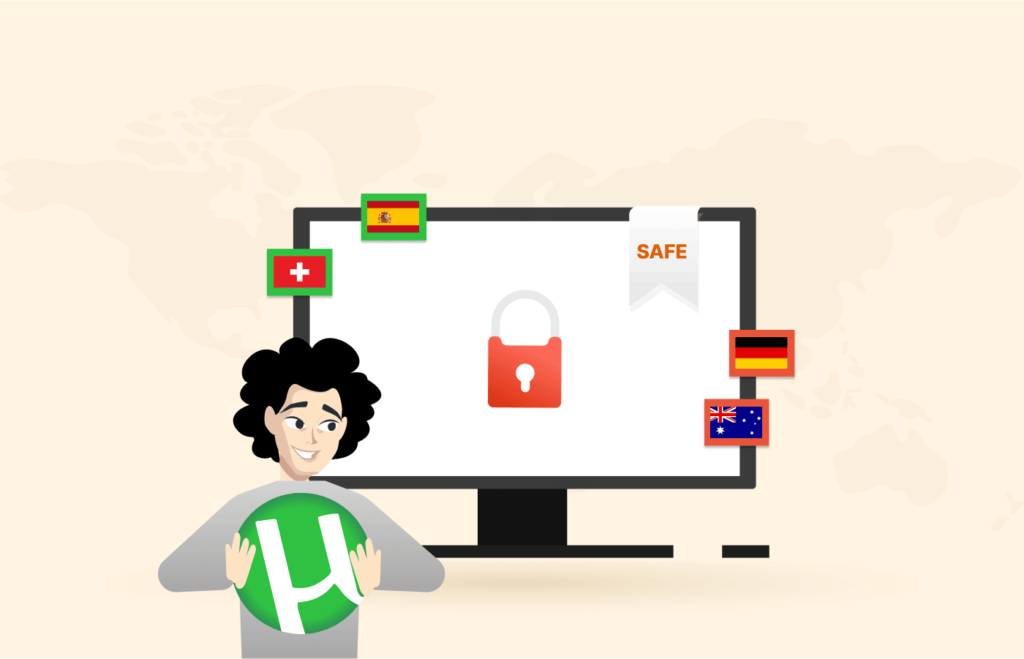
This category includes countries in which torrenting is not a protected right. In most cases, copyright laws are not friendly toward file sharing. But the authorities in these countries ignore torrents for the most part. So, while torrenting is neither legal nor protected by your rights, the chances of you getting in trouble for sharing files are minimal.
Mexico
The Mexican legal system has done nearly nothing to regulate filesharing technologies. The country is bound by international trade agreements to enforce copyright laws, but little or nothing goes on in that regard. ISPs don’t block torrents (but sites like The Pirate Bay are banned), and there is no official monitoring directed at torrent users. So, while it may not be the safest, it’s not among the worst countries for torrenting.
The Netherlands
The Netherlands is a torrent-friendly country –asymmetrically. Downloading any copyrighted material is fine as long as it’s for personal use, but uploading is different, and you should avoid it. New legal developments in 2017 changed the theoretical legal framework. The Dutch internet remains mostly free, and the authorities ignore P2P downloads.
As the authorities ordered, two Dutch ISPs are currently blocking The Pirate Bay. It is a nuisance, but the plethora of mirrors for the legendary torrenting website make this ban irrelevant.
Central and Eastern Europe
Many countries in Europe’s central and eastern portions have governments that do not pay attention to filesharing networks. Greece, Slovakia, and Romania are good examples of the safest countries for torrenting.
Russia’s position is confusing, however. The government tolerates all kinds of digital activities, even criminal ones. But it forced several ISPs to block many torrent websites. The way the legal system considers BitTorrent users is unknown for the most part.
The rest of the world
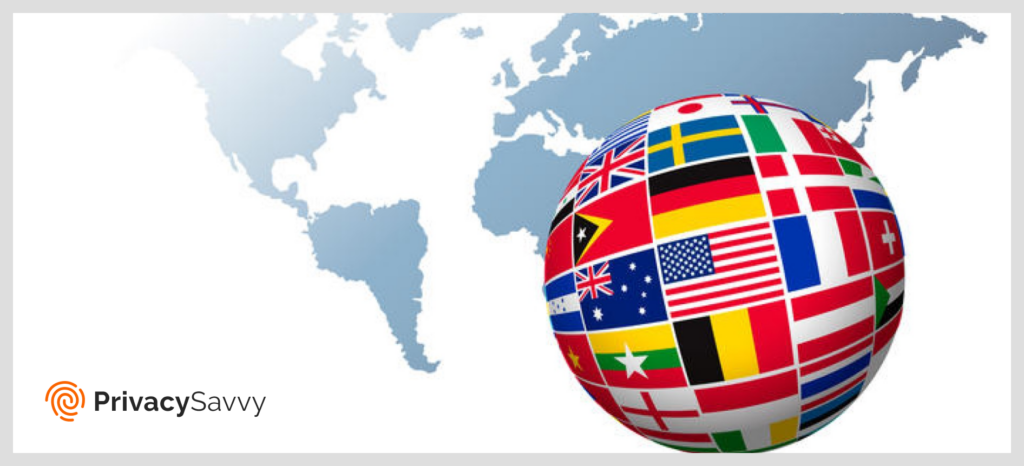
Most of the world’s countries fit into this category. However, this is a broad category with plenty of room for individual jurisdictions to differ. So here we find some countries that treat file-sharing activities as criminal (not merely illegal) and other overzealous measures.
Germany
The German government punishes alleged internet pirates more often than any other country. However, the local government and a sector of the private society keep looking out for German IP addresses in the P2P networks and using them to get the user’s identity.
The typical penalty is a fine between 500 and 1500 EUR. Remember, you don’t always need to spread Terabytes of copyrighted material to be deemed guilty. Some punished individuals only saw a movie from an illegal website. So, clearly, Germany is among the worst countries to download torrents.
Australia
Australia is facing the filesharing situation in a very similar way to the US. In other words, it’s encouraging the torrent trolls to run rampant and shoot against anything that moves.
The Australian ISPs keep user activity logs for two years. So there’s plenty of data for the trolls to mine and use against the people.
However, this is not a governmental thing. The government does little to nothing on these issues. Instead, it allows torrent trolls to create aggressive lawsuits targeting many users who downloaded a single file and asking them to pay a great deal for their violation.
Canada
Canada promulgated its Copyright Modernization Act in 2011. The purpose of this new law was to have a definitive legal framework to deal with copyright issues once and for all. Unfortunately, the anti-circumvention provisions in this act are the world’s most restrictive, so they’re pretty inimical towards torrents.
So, starting from this 2011 legislation, the “notice and notice” regime began. So, the country’s ISPs are legally obligated to give their users notice of copyright infringement. Canada’s position is extreme worldwide and has many critics, especially since it’s hard to tell those “notices” from extorsion letters.
The United Kingdom
Since their inception, England and the United Kingdom have been the poster child for hardcore opposition to P2P networks. Almost every ISP or mobile carrier has banned torrent websites at some point. Many VPNs won’t allow users to use BitTorrent and other torrent clients‘ networks from UK-based servers — this is a telling sign.
So, UK torrent aficionados are usually online with a VPN so they can bypass their domestic blockades and keep using the network.
The United States
The United States is the jurisdiction that gets most of the world’s attention on this issue (and many others). Notably, the government itself does almost nothing to prevent copyright violations in the BitTorrent network except for throttling the networks’ traffic.
Most of the activity against BitTorrent and its users comes from the copyright holders (or companies claiming the rights). Consequently, the US is the best place for copyright trolls to be.
However, some excesses have been known to occur. Some jurisdictions are becoming wiser and trying to find a more balanced stance on these issues. Nonetheless, US citizens should remain wary as their region isn’t among the safest countries for torrenting.
FAQs
The best place in the world to be a BitTorrent user is Switzerland. Within the legendary neutral country, all your torrenting is legal and even protected by your rights to keep your personal data private.
An excellent VPN will keep you safe while you enjoy your torrenting activities.
Yes, there are multiple torrent websites, including The Pirate Bay, 1337x, Kickass Torrent, TorrentZ, RARBG, etc.
